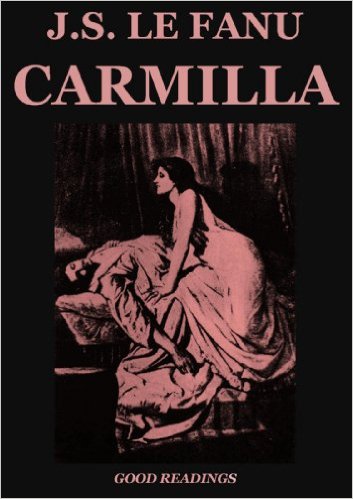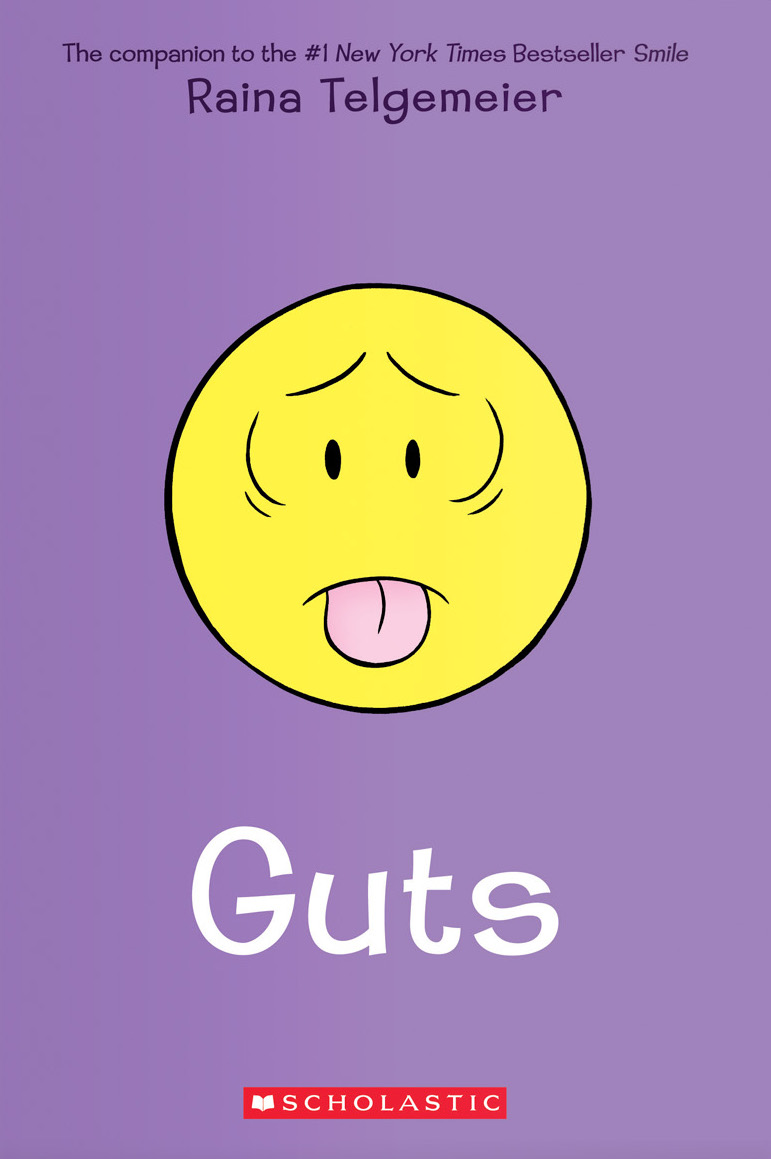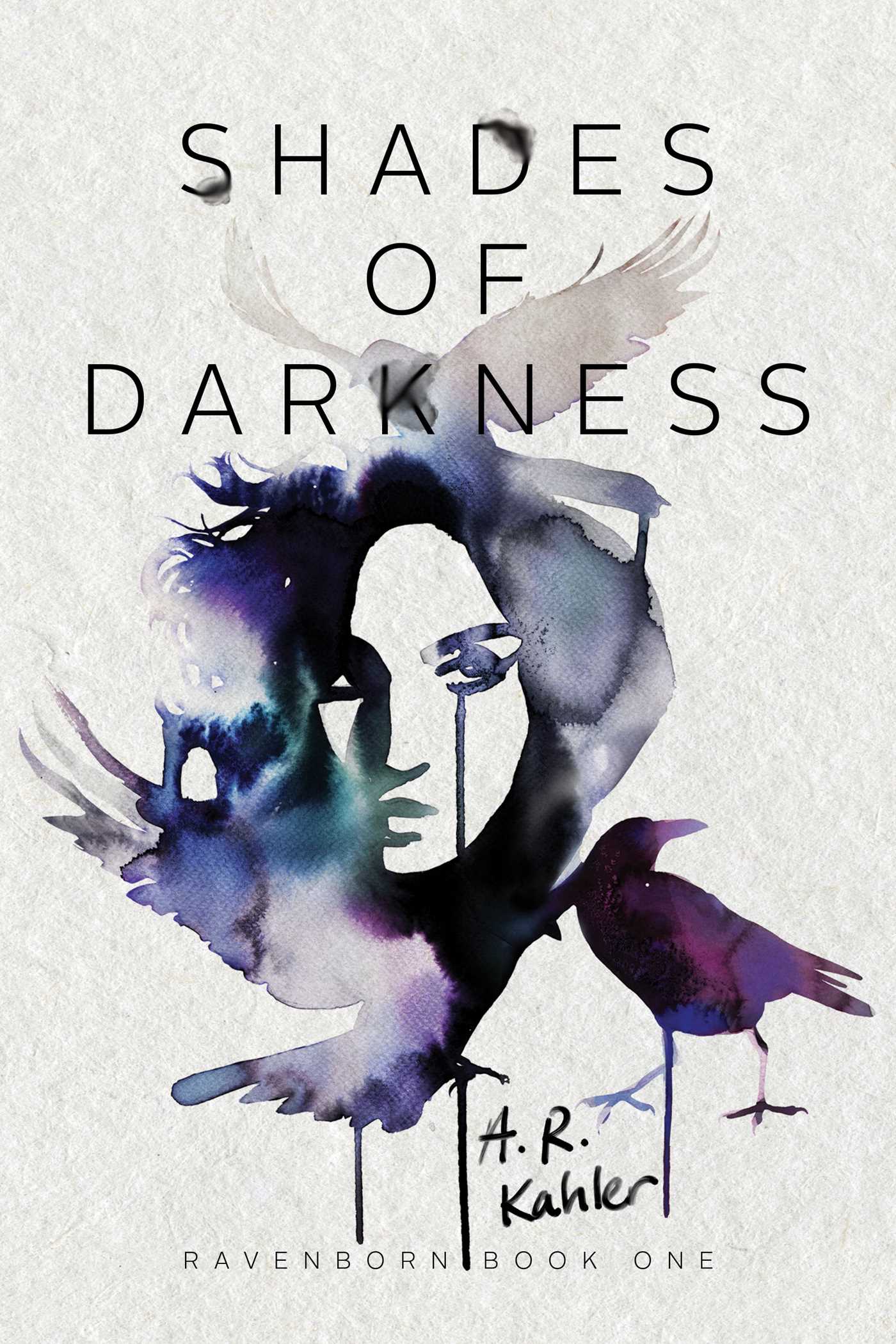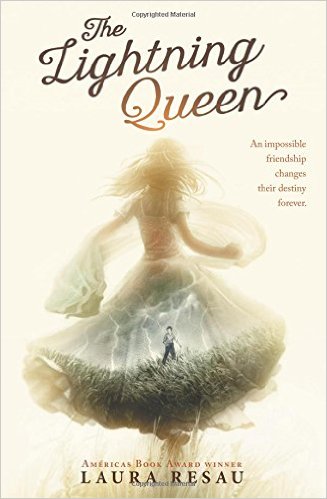Lesbian vampires, forbidden romances, and gothic horror are richly entrenched in this fantastic radio play of the original vampire novella, Carmilla. I have to admit I very quickly grabbed this for review when the opportunity arose. I am huge fan of Carmilla’s descendent, Bram Stoker’s Dracula, and the casting of the radio play was also of enormous appeal. It stars Harry Potter alum David Tennant alongside Rose Leslie (Game of Thrones) and Phoebe Fox (The Woman in Black Two).
Carmilla tells the story of eighteen year old Laura (Rose Leslie), who lives alone with her widowed father in the Austrian mountains. She is haunted by the memory of the strange beautiful women who entered her room when she was a child. When a carriage overturns, the mysterious Carmilla (Phoebe Fox) becomes Laura’s companion. Laura is strangely drawn to the young woman despite her intensity and unsettling romantic advances but Carmilla is hiding a supernatural secret that changes Laura’s world forever.
The audio play is superbly acted. Phoebe Fox’s portrayal of the titular character is absolutely phenomenal. She expertly depicts Carmilla as a manipulative, controlling, and yet deeply charming figure. Her performance encourages the listener to be even more deeply drawn into the story. Rose Leslie skilfully conveys Laura’s innocence and makes her a hugely relatable character. I felt genuine empathy for Laura’s conflicting feelings towards Carmilla and found Leslie’s lighter and less mature vocal performance expertly contrasted Fox’s lower seductive tone. David Tennant portrays Dr. Hesselius with a wonderful eccentricity that is reminiscent of Anthony Hopkins’s Van Helsing.
The play is well directed allowing a seamless transition from narrative and dramatic sections that ensures that it does not feel at all forced. The music was extremely good at setting the mood and allowing the play to be more immersive. The use of multi-layering of dialogue, particularly in the most occult sections of the drama, was very effective and allowed the tension to build effectively. My only criticism would be the lack of consistency in the use of accents. It is not clear as to why Hesselius and a number of secondary characters are played with stereotypical Austrian accents and the other characters are not.
Carmilla’s central theme of forbidden attraction is interestingly portrayed. It is evident that it was written in the nineteenth century due to the circumspect presentation of Carmilla’s sexuality. The attraction that Laura and Catherine feel for Carmilla is depicted as being symptomatic of her devilish nature as a vampire rather than presenting her sexuality as being distinct to her vampirism. The listener constantly debates whether Laura is genuinely attracted to Carmilla or whether it is purely symptomatic of Carmilla’s predatory nature. This debate is engineered by the context in which the novella was written. I highly recommend watching the web series based on the novella, which updates the dynamic between Laura and Carmilla for the 21st century by establishing it as a lesbian romance.
I would highly recommend listening to Carmilla, it is a wonderful, well acted radio play and I thoroughly enjoyed spending two and a half hours listening to it.
Thank you to Audible for providing access to the audiobook.




